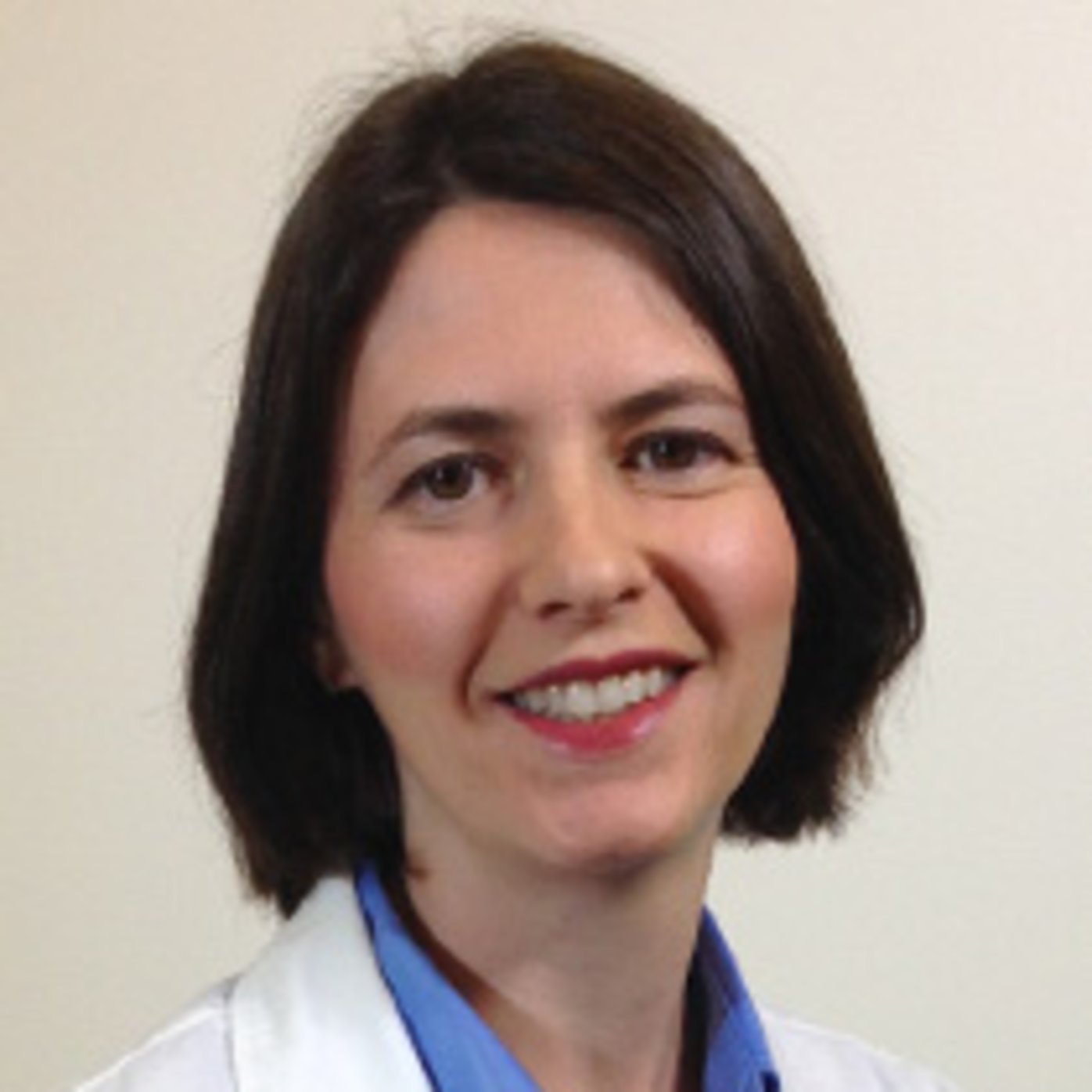
How to recognize the signs of breast cancer
Regular mammograms are vital. But you can be your own best health advocate by also knowing the signs of breast cancer and taking action when needed.
While the U.S. continues its campaign to address the increasing waistlines of Americans, side effects of the obesity epidemic are also on the rise — some of which can be life-threatening. One of these conditions is sleep apnea.
Sleep apnea is a common chronic disorder that disrupts sleep and affects health in other ways. There are different types of sleep apnea, but the most common is obstructive sleep apnea (OSA).
During sleep, breathing can stop or become very shallow as muscles in the back of the throat relax. This can lead to airway obstruction that stops a person's breathing for several seconds or longer.
Untreated OSA can lead to poor diabetes control, make weight loss more difficult to achieve, and worsen mood disorders. Even more serious, sleep apnea increases the risk of heart and cardiovascular problems.
“Severe OSA is definitely known to increase the risk of cardiovascular diseases, such as heart attacks, heart failure, stroke and high blood pressure, among others,” says Dr. Victoria Sharma, medical director of the Sharp Grossmont Hospital Comprehensive Sleep Center. “The increased prevalence of OSA is likely, in part, due to the obesity epidemic.”
OSA and heart disease
So, how can OSA lead to a higher risk of cardiovascular disease? When sleep apnea occurs, oxygen levels in the blood can drop significantly. This can cause an increase in blood pressure as the body adjusts to increase the oxygen levels while you sleep.
Over time, the increased blood pressure that occurs during sleep can also happen during the hours a person's awake, leading to high blood pressure. In addition, it can cause arrhythmia (an abnormal heartbeat) and increase the risk of stroke and heart failure.
“Many people don’t recognize that OSA is not just about snoring,” says Dr. Sharma. "It can affect many other aspects of their health as well."
The importance of seeking treatment
According to Dr. Sharma, it's essential to work with your doctor to find the best treatment for sleep apnea. This typically includes using a continuous positive airway pressure (CPAP) machine, which uses a nasal mask and pump to control airflow as you sleep. Alternative treatments are also available.
If you have severe sleep apnea — and especially if you have any related conditions such as heart problems — treatment is crucial.
“Younger patients or those who already have some of these related illnesses will likely benefit the most from treatment,” says Dr. Sharma. “I see one of my jobs as that of an educator — to make sure they are aware of how serious the consequences of untreated OSA can be.”

The Sharp Health News Team are content authors who write and produce stories about Sharp HealthCare and its hospitals, clinics, medical groups and health plan.

Dr. Victoria Sharma Dr. Victoria Sharma is the medical director of the Sharp Grossmont Hospital Comprehensive Sleep Center.
Our weekly email brings you the latest health tips, recipes and stories.